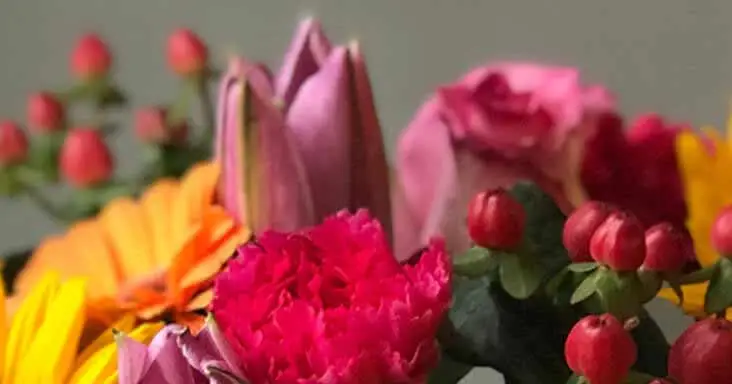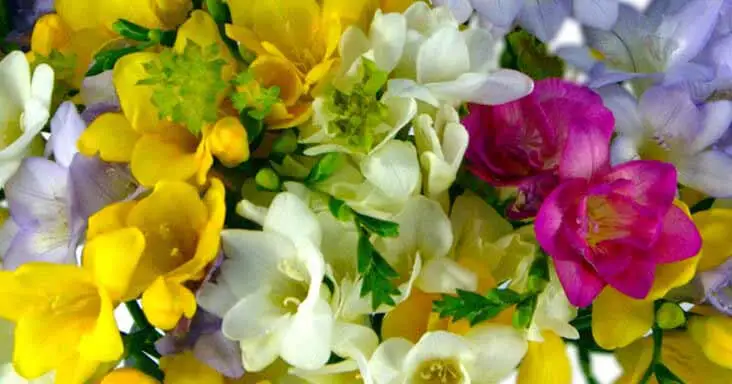The Origins of Easter
Easter is thought of as being a traditionally Christian festival, but it in fact evolved from pagan roots. The name “Easter” comes from the pagan Goddess of fertility “Eostre” and was a celebration of spring and of birth. These themes are a recurrent factor in most of the activities, rituals and celebrations that take part at Easter – as you will notice.
One of the many reasons that the lily is associated with Easter is that its shape was thought to resemble reproductive organs – which is one example of this theme of birth and new beginnings. Other possibly reasons for it being the flower for “Easter” include a legendary tale with the lily being the droplets of sweat that fell from Jesus during his crucifixion, and another that the flower bloomed at the spot where his blood fell.
There are so many traditions associated with Easter, it is difficult to go into them all, but I will begin with possibly 2 of the most popular!
The origins of the Easter Bunny (or Rabbit)
Probably not many people realise that this is in fact a continuance of what I discussed above, as the Easter Bunny was originally a symbol of fertility. It was said to lay eggs of bright colours (which no doubt is what has now become the “Easter Bunny” bringing chocolate eggs to children for Easter!).
The “rabbit” probably started off traditionally as a “hare”, but due to the rabbit being more common in the western world, this changed to being the bunny that we now know. There is a tradition in the UK of adults hiding eggs in the garden left by the “Easter Bunny” whichchildren then hunt for (the eggs referred to being of the chocolate variety rather than the chicken laying variety!) - often having contests to see who can collect the most eggs in their basket.
The origin of Easter Eggs
The Easter egg connection can be introduced with its obvious relevance to the Easter Bunny above. This connection with Easter dates back even pre-Christianity when real eggs were used – themalso being a symbol of birth and new life.
There are many activities associated with eggs at Easter. These include hard-boiling eggs and rolling them down a hill in a competition to see whose egg gets to the bottomfirst/goes the furthest etc. without breaking. Hard-boiled eggs were (and still are) decorated by children, often taking part in competitions with a prize given for the best decorated egg. Other, possibly more regional activities include a game similar to conkers where an egg is held in the palm of ones handand bashed against that of an opponents' to see which cracks first.
Watch out for more on this blog about Easter traditions, including a poll on what people nowassociate most with Easter.


